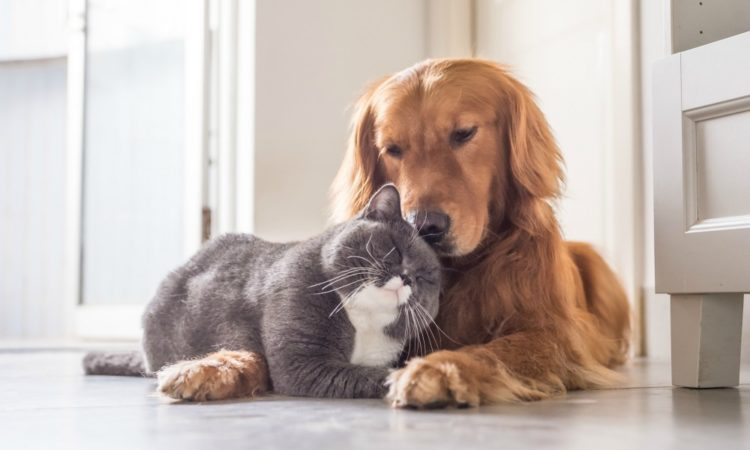Vaccines are important in the prevention of certain diseases in cats and in humans. Some of the diseases we vaccinate for are potentially fatal, so it makes sense to prevent them rather than treat them since vaccines are in general very well tolerated in the vast majority of cats. We vaccinate cats starting as kittens and then continue as young adults. After 2 and 1/2 years of age, vaccines are given every 1-3 years depending on the specific vaccine. We tailor the vaccines give to each cat based on their lifestyle and risk factors and any previous vaccine concerns. With some diseases such as Rabies, it is mandatory to vaccinate your cat. This is done to help provide a barrier against exposure for humans to Rabies that could potentially infect your cat if not vaccinated. Once clinical signs of Rabies have developed, it is 100% fatal disease for both cats and humans, so it makes sense to vaccinate preventively.
Does my indoor cat need to be vaccinated?
Yes. Rabies is a vaccine that is required by law, and it is a fatal disease once signs develop. Indoor cats can be exposed via exposure to bats which get in the house or other wildlife that get in (mice, etc.). Many cats are also often carriers of Herpesvirus and Calicivirus, two upper respiratory viruses. Maintaining high antibody levels can help to decrease the clinical signs of these diseases. If a new cat or kitten is being introduced, it is important that the current household cats be up to date on vaccines to prevent them from being introduced to these diseases and to panleukopenia virus.
What are FVRCP and core vaccine for cats?
Core vaccines are to vaccinate for FVRCP and Rabies. If the cat will be going outdoors, Feline Leukemia (FeLV) is also recommended as a core vaccine. FVRCP covers feline Rhinotracheitis (herpes virus), Calicivirus, and panleukopenia. Herpes and Calici are both upper respiratory viruses that have in recent years been linked to other diseases (such as some dental diseases and bladder issues). Panleukopenia is a virus in the same family as Canine Parvovirus, and can cause vomiting, diarrhea, and destroy all of the white blood cells (important to fight off infection) all of which can lead to dehydration, secondary infection, and death. It is also responsible for causing fetal loss in pregnant queens and causing a brain disease called cerebellar hypoplasia which affects the balance center of the brain.
How often does my adult cat need to be vaccinated?
Once a cat has been through the appropriate kitten series and is approximately 2 to 2.5 years of age, the vaccine schedule is set based on lifestyle and risks. Rabies vaccine is typically given every 3 years after age 2. Panleuk portion of FVRCP is every 3 years (timed with the Rabies vaccine). Herpes and Calici (FVRC) portion are given every year. Leukemia vaccine is given every 1-2 years depending on exposure risk.
Are there any risks associated with cat vaccines?
The risks of vaccines in cats is minimal. The most common things seen with vaccines is soreness at the site of the injection which can last for a couple days, mild fever (normal and expected) with a decreased appetite for no more than 1-day duration. Serious reactions are similar to humans. These are allergic reactions to the vaccines and, if seen, are typically characterized by facial swelling (muzzle and around eyes). It is very rare to have other reactions including anaphylactic-type reactions. In the event of an allergic reaction, we recommend that you bring your cat back in for a recheck and to receive medications to treat the reaction; if a reaction occurs while in the clinic then we will act to treat this immediately. Mild reactions can be managed when future vaccines are administered by giving Benadryl prior to vaccination and splitting up the vaccines if more than 1 are to be given at the same time.
Why does my pet need a booster?
The protection provided by a vaccine gradually declines after a pet is vaccinated. That’s why appropriately timed booster vaccination along with the annual health check‐up is always needed.




